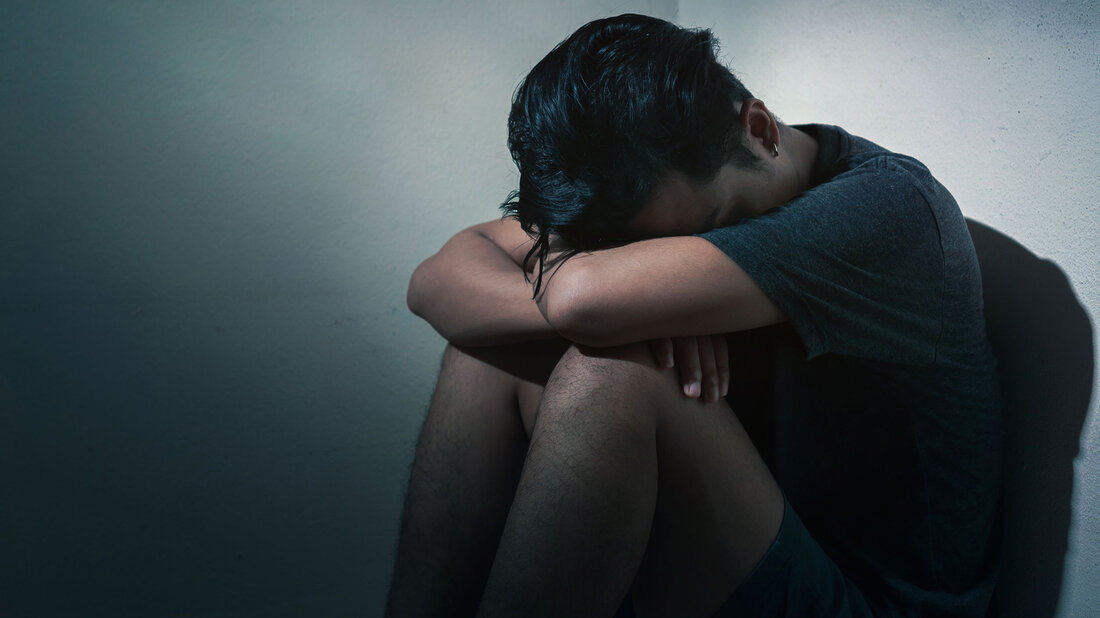Children and depression – what parents can do
All parents want to ensure that their children are always healthy and happy. But what happens when happiness, or the lack thereof, is a bigger problem than you expected? The truth is that childhood depression has become a bigger problem than ever before in today's society. It might also shock you to know that it is something your own flesh and blood could be suffering from. If you are concerned that your child is suffering from depression, there are several steps you can take, and you will find that the sooner you act, the better for your child. Nowadays …

Children and depression – what parents can do
All parents want to ensure that their children are always healthy and happy. But what happens when happiness, or the lack thereof, is a bigger problem than you expected? The truth is that childhood depression has become a bigger problem than ever before in today's society. It might also shock you to know that it is something your own flesh and blood could be suffering from. If you are concerned that your child is suffering from depression, there are several steps you can take, and you will find that the sooner you act, the better for your child. Nowadays there is a close connection between children and depression, so parents should do everything possible to effectively prevent or manage this situation.
What you should think about first is recognition. Essentially, childhood depression is an illness in which feelings of depression persist for long periods of time and negatively impact the child's ability to function and cope. You may find that depression can manifest itself in a variety of ways, from your children's mood and physical appearance to their behavior and mental state. You may notice that a child who used to be interested in different things has had his world shrink greatly by completely excluding him from his life due to depression. You may also observe various physical symptoms, including weight and appetite loss, digestive problems, headaches, migraines, or irregular sleeping patterns.
When thinking about childhood depression, keep in mind that younger children typically develop more physical symptoms than older children. This is because younger children tend to have less expressive skills compared to older and more mature children.
If you want to combat childhood depression, you should educate yourself on the topic. Speak to a professional advisor who has experience in this field and see what you can learn from him or her. The therapist will most likely take you to several individual sessions with the child to diagnose his condition.
By thinking about what you can personally do for your child in everyday life, you can start by making sure you are always there for your child. Make sure all lines of communication are kept open and that your child knows they can always come to you with any of their needs. Many children feel alone with their problems. Therefore, simply reassuring them that this is not the case can make a huge difference in your child's life. Learn more about what your child does and what their interests are to improve your relationship. Encourage your child by giving good advice when needed and a listening ear when they need one.
Remember that childhood depression is something that is very real today. Depression is a condition that affects both children and adults. So, understanding the relationship between children and depression will give parents a better idea of how to deal with it and prevent their children's condition from worsening.
Inspired by Ian J Spencer

 Suche
Suche
 Mein Konto
Mein Konto
